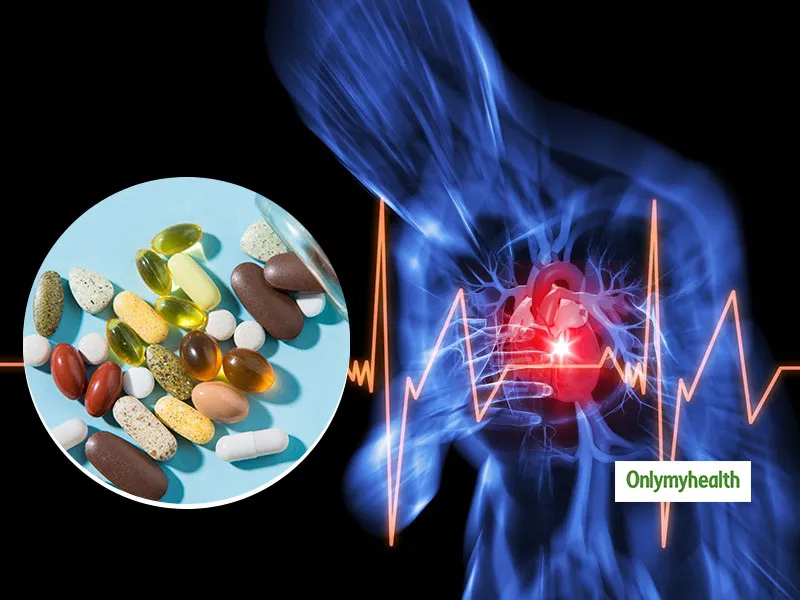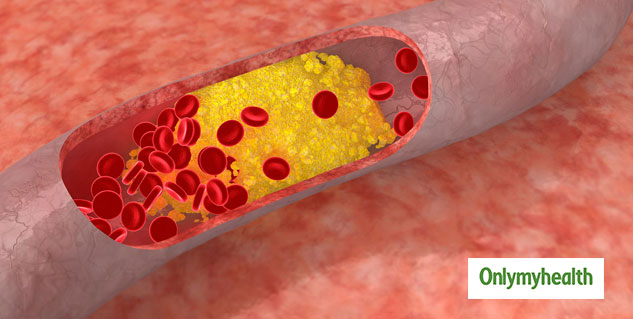
When it comes to bone health and overall well-being, calcium and vitamin D are two essential nutrients that often go hand in hand. While both are crucial for maintaining strong bones, their roles in the body differ significantly. But if you had to choose, which one is more important? In an exclusive interaction with the editorial team of Onlymyhealth, our expert, Pooja Singh, Senior Dietician, Sharda Hospital - Noida, helped us break it down. Here is everything she shared with us.
Table of Content:-
What is the Role of Calcium in our Body
Calcium is a mineral that plays a key role in maintaining strong bones and teeth. It is also essential for muscle function, nerve signaling, and blood clotting. About 99% of the body’s calcium is stored in bones and teeth, while the remaining 1% circulates in the blood and soft tissues.
Since the body cannot produce calcium on its own, it must be obtained through dietary sources such as dairy products, leafy greens, almonds, and fortified foods. If dietary intake is insufficient, the body will extract calcium from bones, potentially leading to osteoporosis and increased fracture risk over time.

Also Read: Can Having More Moles Increase Your Skin Cancer Risk?
What is the Role of Vitamin D in our Body
Vitamin D, on the other hand, is a fat-soluble vitamin that helps the body absorb calcium efficiently. Without adequate vitamin D, even a calcium-rich diet may not be enough to support bone health. Beyond bone maintenance, vitamin D is involved in immune function, muscle strength, and inflammation regulation.
Unlike calcium, vitamin D is synthesised by the body when skin is exposed to sunlight. It is also found in foods such as fatty fish, egg yolks, and fortified dairy products. However, many people (most Indians) do not get enough sun exposure or dietary vitamin D, making supplementation a common recommendation.

Which One is More Important?
According to expert Pooja, comparing calcium and vitamin D is like comparing fuel to an engine. She explained that it’s not about which is more important but rather how they work together. Calcium provides the building blocks for strong bones, while vitamin D ensures those building blocks are absorbed and utilised effectively.
Without vitamin D, calcium intake is less effective, potentially leading to deficiencies and weaker bones. Conversely, without adequate calcium, vitamin D has little to work with in maintaining bone density. Therefore, prioritising one over the other isn’t the ideal approach; instead, ensuring an adequate intake of both is key.
Also Read: Expert Shares Why You Need To Keep Your Liver Health In Check To Keep Your Heart Healthy!
How to Maintain a Balance
To support bone health and overall wellness, consider the following expert-approved recommendations:
Get Enough Calcium: Adults typically need 1,000-1,200 mg of calcium per day. Focus on a balanced diet that includes dairy, leafy greens, and calcium-fortified products.
Boost Your Vitamin D Levels: The recommended daily intake of vitamin D varies (typically 600-800 IU per day). Spend time in the sun (15-30 minutes a few times a week) and consume vitamin D-rich foods or supplements if necessary.
Monitor Your Levels: If you are at risk of deficiencies, consult a healthcare provider for blood tests and personalized guidance on supplementation.
Bottomline
Rather than choosing between calcium and vitamin D, it’s best to prioritise both. They work synergistically to support strong bones, muscle function, and overall health. A well-balanced diet, adequate sun exposure, and supplementation when needed can help ensure you’re getting the right amounts of both essential nutrients.
By focusing on both calcium and vitamin D, you can take proactive steps toward long-term bone health and overall well-being.
Also watch this video
How we keep this article up to date:
We work with experts and keep a close eye on the latest in health and wellness. Whenever there is a new research or helpful information, we update our articles with accurate and useful advice.
Current Version